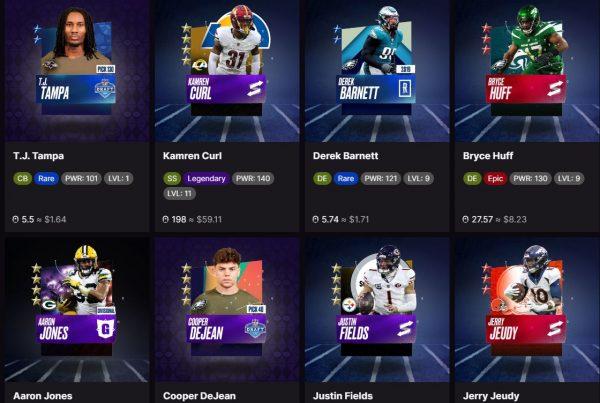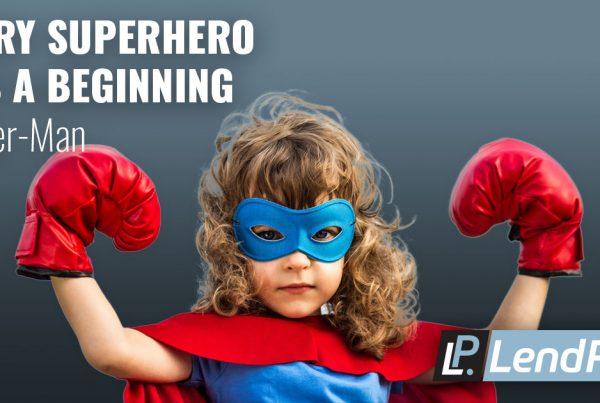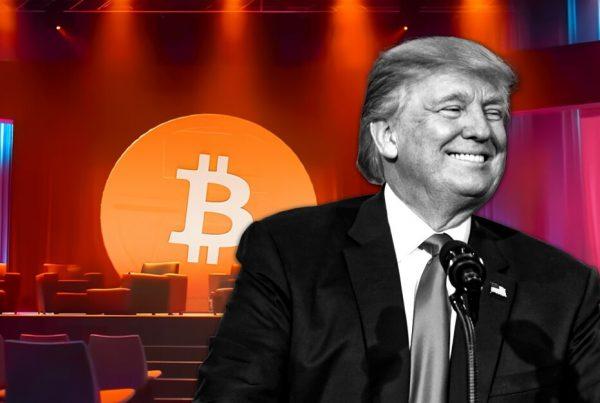An exchange literally means exchanging different currencies. Its advent as an occupation dates back to people’s need to determine the weight and validity of different coins that were common in the past, and not knowing their weight and validity could have been harmful. Exchange is the root of the current, modern banking.
With the emergence of digital currencies, that are a kind of electronic money in the form of cryptocurrency, and people’s vast interest in buying and selling digital currencies, exchanges decided to participate in such trades and propose better services to traders.
In order for a better understanding of this phenomenon, we should first define different exchanges and their differences.
There are two types of exchanges, Centralized and Decentralized:
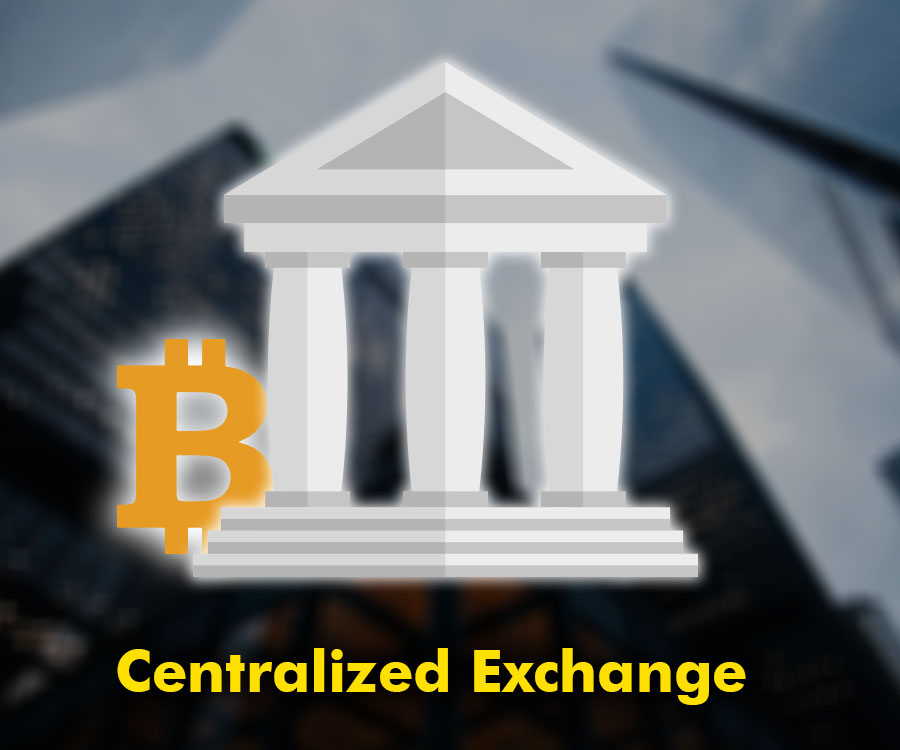
1. Centralized Exchange
Being centralized in this type of exchange means that all of the people’s assets are stored and controlled by the exchange. People keep their assets directly in the exchange and then the exchange is in charge of selling and buying services, and users cannot access their private keys. This is the similarity between centralized exchanges and banks.
A centralized exchange is used for trades in digital currency markets. This kind of exchange allows users to exchange fiat money (like dollar, euro, etc.) to digital currencies and vice versa. Also, they can be used to exchange two types of digital currencies to one another. It should be said that there are a lot of centralized exchanges that lack the necessary permits to communicate and collaborate with banks and other establishments, and as a result, only participate in trading digital currencies, and they cannot be used for digital currency to fiat money exchanges.
As you know the idea behind digital currencies is the removal of middlemen, observations, and control from them. This feature of digital currencies is in conflict with the way centralized exchanges work since people’s assets are managed and controlled by the exchanges. Alternatively, since digital currencies are kept in the centralized exchanges’ wallets, then they have come under attacks by hackers in the past.
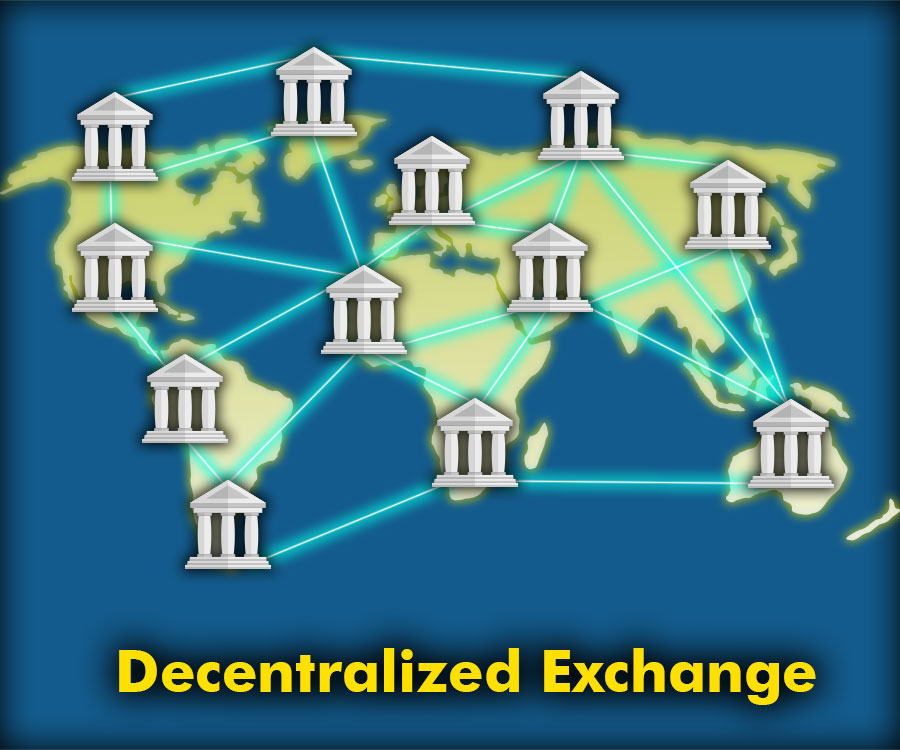
2. Decentralized Exchange
A decentralized exchange, which utilized the Blockchain technology, people can participate in peer-to-peer digital currency trades without middlemen without the need to store their assets in the exchange’s account. Actually these exchanges act in a peer-to-peer and decentralized method, and people’s assets are not kept and managed by the exchange. In contrast, the duty of an exchange is to safeguard people’s assets and to create a secure environment for deals. For this reason, while buying and selling are taking place, people’s assets, that are cryptocurrencies in this situation, are kept in a MultiSig wallet. The MultiSig wallet is not in full control of the exchange and the buyer and seller both have their own private keys, and the cryptocurrencies kept in it can be accessed with at least two private keys. This is how the security of deals is provided.
The Benefits of Decentralized Exchange
1. Low Risk of Tampering.
Among the benefits of decentralized exchanges is the low risk of prices or the volume of trades being tampered with. There is no central infrastructure in this kind of crypto exchange to impact the price of currencies by interfering with the buying or selling prices.
2. High Level of Security
Users’ assets are not stored in this exchange and therefore are safe from cyber-attacks and hackers
3. Independence from Policy-making Organizations.
The distributed structure of a decentralized exchange distances it from local and international policy-making organizations. In centralized structures, the existence of policymakers means the likelihood of the exchange being closed or accounts being blocked. In other words, only a crucial policy from the government or organizations would mean some users will lose their access or the exchanges being closed entirely. Consequently, in decentralized exchanges, different people participate in trades with identical conditions and with stability and safety, and the power is no longer in a centralized form and instead, it is distributed among people.
4. A Proper Environment for Business.
In this kind of exchanges, because of their decentralized nature, each user can act as an independent exchange and participate in buying or selling of cryptocurrencies and increase profits. As this kind of transfer and trading, cryptocurrencies develop in the world, a new, sovereign, and free banking system is created with no middlemen, in which people can buy and sell without intermediation from a third party.
5. Fee.
Investors really care about the amount of fee in digital currency. In a centralized exchange, a certain amount of each transaction is subtracted as the fee, whereas in decentralized exchanges, the value of the transaction taking place is irrelevant to the amount of fee, and in each transaction, an insignificant percentage is deducted as the fee.
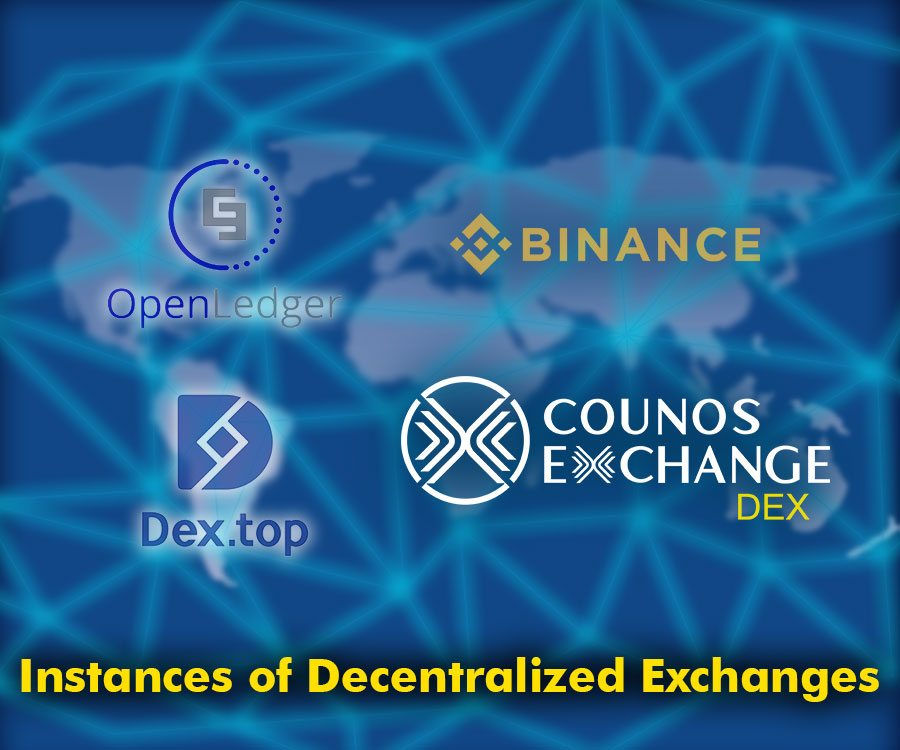
Instances of Decentralized Exchanges
Binance, Dex.top, Open Ledger, and Counos are examples of decentralized exchanges. One of the limits in most of these exchanges is the absence of fiat money deals (fiat money such as the dollar, euro, etc.), and only crypto deals take place in these exchanges. But in the Counos Decentralized Exchange, which holds an official permit and license number, users have a special lead and that is the opportunity of exchanging cryptocurrency with fiat money. Moreover, with the use of services offered by legal escrow agents and the MultiSig wallet, a high level of safety is offered to users: Five Advantages of Counos Dex
Final Remarks
Essentially making the decision to choose a centralized or decentralized exchange to make your trades is completely up to your personal investment necessities. Although the level of liquidity is low in such exchanges, but because of the lack of middlemen and given their high safety, they have attracted the attention of numerous professional Blockchain investors. And the last point is that before doing any kind of trade in any type of exchange, make sure they have legal and official permits.

